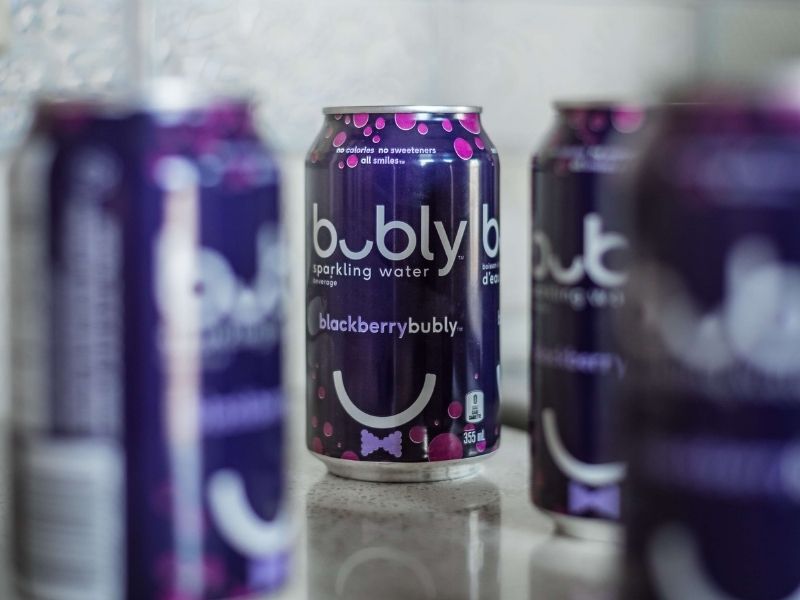Ugh. Is there anything worse than urinary tract infections (UTIs)? Especially if you’re prone to recurrent UTIs, then we’re willing to bet there’s just about anything you’d do to prevent them and get some relief. And that means you’ve probably wondered if your diet can help.
The bad news: diet alone will not cause UTIs, and diet alone cannot treat UTIs. The good news: certain diet choices can help increase or decrease your odds of getting UTIs. In fact, there’s lots you can do to help prevent these infections, which is why it’s critical to be proactive about your health.
Here’s what you need to know.
Understanding UTIs
UTIs are an infection, typically caused by E. coli, that infects your urethra and spreads through your urinary tract. These infections usually stay in the bladder and urethra, although they can become more serious and even life-threatening if they spread to the kidneys (which is why you need medical treatment if you suspect you have one).
UTIs are incredibly common—50% of all women can expect at least one in their lifetime.1 This is because our shorter urethra provides an easier breeding ground for bacterial overgrowth than in men, and women also have certain life events (like pregnancy and menopause) that can contribute to UTIs.
Understanding the Connection Between Diet and UTIs
The most important things you can do to prevent UTIs are to wipe from front to back (to push E.coli away from your urethra), avoid douching (use a fragrance free soap to clean your vagina instead), and wear loose pants and cotton panties. Cover these basics, and then look at how your diet may be impacting your frequency of UTIs.
Can diet cause UTI? Here are common questions about diets and UTIs:
- Can food cause UTI? Research to date has not shown that diet or fluid intake are independent risk factors for recurrent UTIs—meaning they alone are not the cause.2
- Does diet affect UTI? Diet alone will also not treat a UTI.
Are there foods to avoid with UTI? Certain diets and foods can either help prevent UTIs, or increase your risk of getting them.
In other words, your diet alone isn’t make-or-break when it comes to UTIs, but it’s still worth paying attention to, especially if you’re struggling with recurrent UTIs.
Specifically, one study has found that drinking fresh juice, especially fresh berry juice, as well as drinking fermented milk products containing probiotic bacteria is associated with a decreased recurrence of UTI. 3
And there have been several studies that have linked vegetarian diets to a lower risk of developing UTIs.4 This is in part due to the fact that vegetarian diets make your urine less acidic—and when your urine is less acidic, it’s harder for bacteria to grow.5
As far as foods to avoid with UTI, it’s worth keeping a food diary and tracking food triggers such as acidic fruit and spicy foods, which might irritate your bladder.
Finally, can UTI cause weight loss? In severe cases a UTI may cause weight loss. That’s because a urinary tract infection might lead to loss of appetite, fever, and nausea, which collectively can contribute to losing weight.6
UTIs and Hydration
If you’re wondering can diet cause UTI, remember that your diet isn’t just what you eat—it’s what you drink. And what you drink can also play a role in UTIs.
To prevent UTIs, you want to drink plenty of water. Our bodies use water to absorb key minerals, vitamins, amino acids, and glucose into cells and tissues to flush out toxins as well as regulate temperature. When toxins are flushed through our kidneys in our urine, we are also flushing the urethra which helps get rid of bacteria.7
In other words, drink lots of water, and don’t hold your pee!
Cranberry juice is often cited as a remedy for UTIs. While research remains mixed on how or why it may be beneficial, cranberry juice certainly has many other health benefits, so you might want to give it a try. For instance, cranberry juice may help flush bacteria from your system without irritating the urinary tract.8
And you may want to avoid bladder irritants, especially if you have a UTI, like coffee, tea, soda and alcohol. Learn more about foods and beverages to avoid when you have an overactive bladder here.
Finally, remember that untreated UTIs can have serious health implications. If you’re experiencing symptoms of UTIs (like having strong urges to pee, having to habitually pee in small amounts, pelvic pain, a burning sensation when you pee, a change in the color of your urine, or urine that is cloudy, pink, brown, showing signs of blood, and/or accompanied with a potent smell), then you should seek medical attention. Our Physician Finder can help you find a pelvic health specialist in your area.
Read More Articles About UTI’s
UTI Or Yeast Infection—How To Tell The Difference
How Do You Get A UTI Without Being Sexually Active?
What Foods to Avoid With a UTI
Understanding UTI Complications
Can A Yeast Infection Cause A UTI?
Does Cranberry Juice Help UTI’s?
The Connection Between Diet and UTIs
















